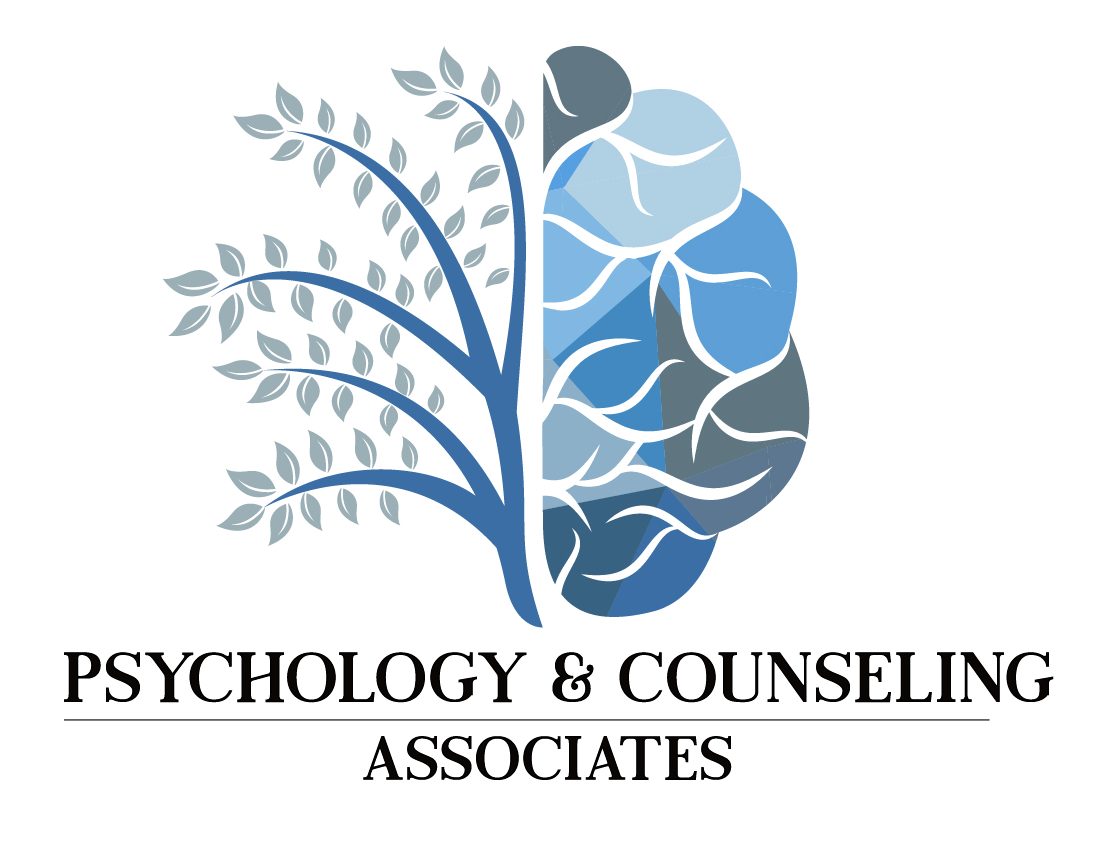Bullying has been a problem for kids for a long time, and the popular narrative tells us that it’s a normal part of growing up, that kids are resilient, that they overcome the experience of bullying or being bullied, and that these experiences make them stronger.
Is that true? New research says maybe not.
Researchers in Finland took data from more than 5,000 eight year olds who completed surveys about bullying more than a quarter of a century ago.They sorted the kids out into those who didn’t have any experience of bullying, those who were bullied, those who were bullies, and those who were bullied and also were bullies.
Then they checked health records and found out whether the kids had received mental health treatment later in life.
- 12% of those who had never been involved in bullying received treatment for disorders such as schizophrenia, depression, substance abuse, or anxiety.
- 20% of kids who had bullied other kids received treatment.
- 23% of those who had been bullied had received such treatment.
- 31% of those who had both bullied and been bullied needed treatment for mental disorders.
Analysis of the data showed that kids involved with bullying were almost twice as likely to need mental health treatment as young adults. Those who had both bullied and been bullied were twice as likely to need treatment as the kids who had not been involved in bullying at all.
While this doesn’t prove that bullying or being bullied can cause mental disorders, the researchers point out that there is a strong enough pattern that their data should be taken seriously. Being bullied may be a traumatic event that increases the chance of depression in later life, and being a bully may be an early sign of mental health issues.
At the very least, bullying is “an important red flag,” the researchers suggest. Early intervention may be a necessary response to bullying.
If you’re concerned about bullying, contact us. At PCA-NWA, we provide comprehensive mental health care for children as well as adults.


